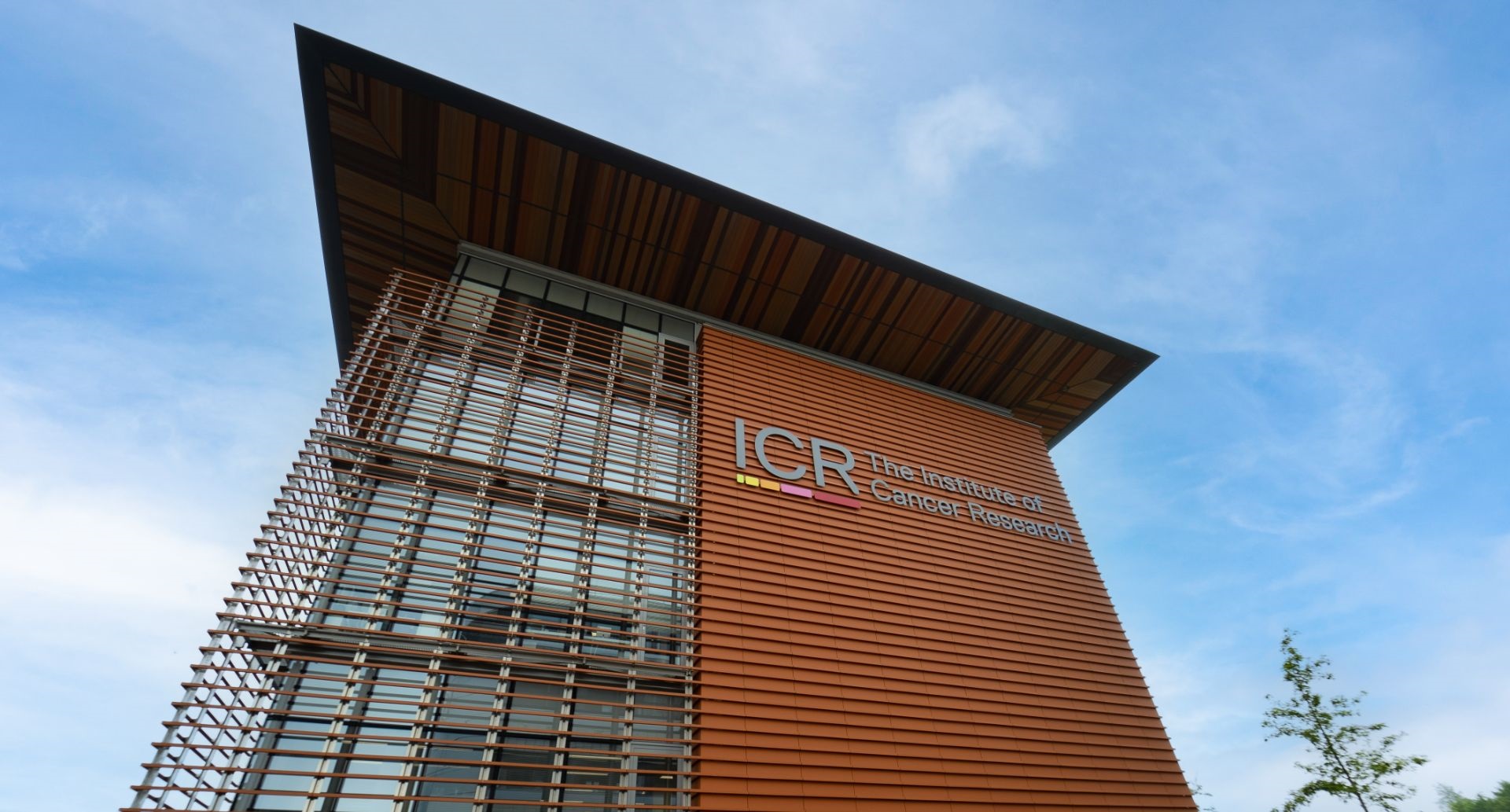About the ICR
The ICR is led by Chief Executive Professor Kristian Helin, known for his pioneering scientific discoveries in cancer epigenetics.
As well as being as world-class research institute, the ICR is a higher education institution and a member institution of the University of London. We came second-top in the league table of university research quality, impact and environment compiled from the most recent Research Excellence Framework (REF 2021).
Policy and engagement
The Institute of Cancer Research works to influence policy development in high-priority areas and to give the ICR a voice on relevant policy issues. We also support staff who are engaging the public and coordinate opportunities to make young people aware of the opportunities for careers in science.
How we are structured
The Institute of Cancer Research, London, operates as a research institute, a higher education institution and an exempt charity. Its structure and governance arrangements reflect these multiple organisational roles.
Our strategy
Our vision: We will transform the lives of cancer patients through world-class research and education, and by growing our impact on society.
How we research
At the ICR we are researching how to treat the differences between cancers – an approach known as personalised medicine.
ICR & Royal Marsden
Together with our hospital partner The Royal Marsden NHS Foundation Trust, we are rated as one of the top centres for cancer research and treatment worldwide.
Funding and spending
The Institute of Cancer Research, London, works closely with a number of funding organisations, including Cancer Research UK, Breast Cancer Now and the Wellcome Trust.
